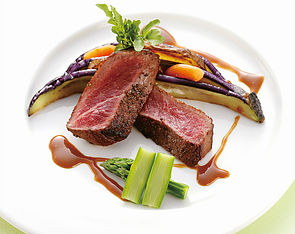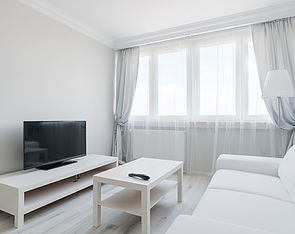-
 BEFORE YOU MOVE
BEFORE YOU MOVE
-
 GETTING HERE
GETTING HERE
-
 LIVING HERE
LIVING HERE
-
 GETTING AROUND THE REGION
GETTING AROUND THE REGION
-
 WORKING WITH US
WORKING WITH US
-
 LIFE AFTER MONKEYTREE
LIFE AFTER MONKEYTREE
-
 USEFUL LINKS
USEFUL LINKS
Living here
What does a typical meal cost?
A ‘typical’ meal in Hong Kong means eating at a local Chinese food restaurant. Rice, noodles, dumplings, and all sorts of meats are extremely abundant and will cost you anywhere from HK$25-55 for a meal.
What does a typical Western meal cost?
‘Typical’ Western food in Hong Kong runs at a slightly higher price than Chinese food (budget for HK$60-$120), with McDonald’s being the exception. Hong Kong is one of the cheapest places in the world to buy a McDonald’s meal.
I’ve heard flats are pretty small. How small is ‘small’?
Flats here typically range from about 300 sq.ft to about 550 sq.ft. Individual bedrooms will typically be large enough for a double bed and a wardrobe, but not much else. While this is surprising to people used to ‘Western’ style housing, it is unusual for it to be much of a problem for people and is something everyone tends to adjust to easily and quickly.



How much money can I expect to save per month?
On an entry level teacher’s salary, it’s possible to save over HK$12,000 per month, without limiting one’s ability to enjoy oneself, but savings are directly related to your lifestyle. We have prepared an editable spreadsheet for you to input your personal variables, so that you can get a close approximation of your savings potential. You can download it here: Budget Calculator
Do you have an example of a budget to calculate my potential savings based on my lifestyle?
Yes. Please refer to “How much money can I expect to save per month”.
What do I do about laundry?
Most flats in Hong Kong (and all Monkey Tree flats) have washing machines. Very few flats have dryers, so air-drying is the most common thing to do. The other alternatives are the cheap laundry services on nearly every block, where you can just bring a bag of laundry and a couple hours later pick it up clean, dried, and folded. Those places typically cost between HK$40-80, depending on the weight.
How do I get around the city?
The most common way to get around is on the MTR (subway train). The MTR reaches nearly every major point in the city, meaning that most people seldom require other forms of transportation. City buses, mini buses, and taxis are also abundant and operate with high frequency, so you’ll never be stranded anywhere, ever.
How long does it take to get from point A to point B?
The best way to calculate the price and exact times of a train journey would be to go straight to the MTR website, which gives exact cost breakdowns and journey times.
Is there a large expat community?
Yes. Monkey Tree alone has over 230 English teachers from around the world, and Hong Kong is host to an enormous expat community. Finding expats of any variety, with interests that exactly match yours is fairly easy. A good place to start looking around are expat websites such as InterNations, GeoExpat and AsiaExpat.
I enjoy attending social/networking events. How can I find them?
All major countries have representation through their Chambers of Commerce, which is a good starting point to find organized events. Another great way to meet like-minded individuals is Meetup.com.
I’m an outdoorsy person. What can I do outdoors?
Hong Kong is very mountainous, so there are innumerable hikes that can be done around the city and beaches. The city also has numerous popular and clean beaches, many of which have full-time lifeguards. Hong Kong’s famous ‘junk boat’ trips are also very popular summertime activities. Essentially, they are privately hired boats for 20-30 people, often fully catered with unlimited beverages. Whether you like to bob around in the water or do flips off the top deck, a junk boat trip is always a great way to spend a day in the sun.
Do I need a visa to get into China?
Short answer, yes. Some nationalities do not require visas, but generally speaking, you will require a tourist visa to enter China. Some nationalities can get 5-day, restricted visas on arrival at the Shenzhen border, though prices vary and this is not an option for everyone. Regular tourist visas are easy to get through the Chinese visa office in Hong Kong, and once you have a Hong Kong identity card (HKID), you can apply there. Prices vary drastically for each nationality, so doing some research for the most up-to-date information is advised.

